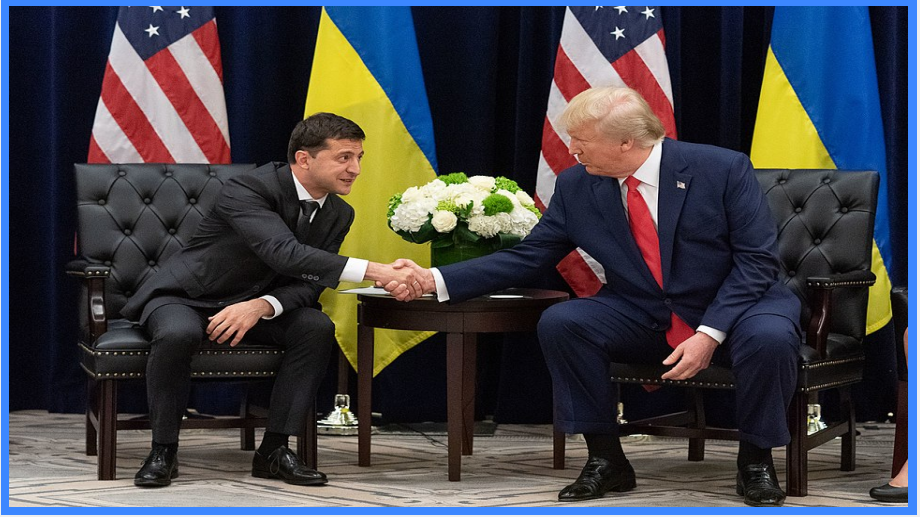Global leaders have reacted cautiously to the United States’ draft proposal to end Russia’s war in Ukraine, warning that the plan requires “additional work” after sparking alarm in Kyiv and among its allies. The proposal, unveiled during high‑level discussions this week, outlines a 28‑point framework that would require Ukraine to make significant concessions, including ceding territory and limiting its military ambitions.
Details of the US Proposal
According to reports, the plan would:
- Recognize Crimea, Donetsk, Luhansk, and parts of Kherson and Zaporizhzhia as Russian‑controlled.
- Bar Ukraine from joining NATO and restrict the size of its armed forces.
- Establish a non‑aggression pact between Russia, Ukraine, and Europe.
- Offer U.S.‑backed security guarantees to Ukraine in exchange for compliance.
While the draft has not been formally published, sources confirm it closely mirrors Moscow’s long‑standing demands, raising concerns that it could amount to capitulation rather than a balanced peace settlement Al Jazeera Sky News ABC News RTÉ Ireland USA TODAY.
Kyiv and Allies Push Back
Ukrainian President Volodymyr Zelenskyy rejected the idea of territorial concessions, insisting that any peace plan must respect Ukraine’s sovereignty and territorial integrity. European leaders echoed this stance, with several warning that “peace cannot mean surrender.” NATO officials also expressed unease, noting that the draft risks undermining collective security in Europe.
Global Reactions
The plan has divided opinion internationally. Some leaders welcomed Washington’s attempt to restart negotiations, but others stressed that the proposal in its current form is too favorable to Russia. Analysts argue that while the U.S. is seeking a swift end to the war, the draft risks alienating Ukraine and weakening Western unity.
Outlook
The U.S. administration has acknowledged that the plan is still in draft form and subject to revision. Diplomats say further consultations are needed to ensure that any agreement is credible, enforceable, and acceptable to Kyiv and its allies. For now, the proposal highlights the difficulty of balancing calls for peace with the realities of a war that has reshaped Europe’s security landscape.



